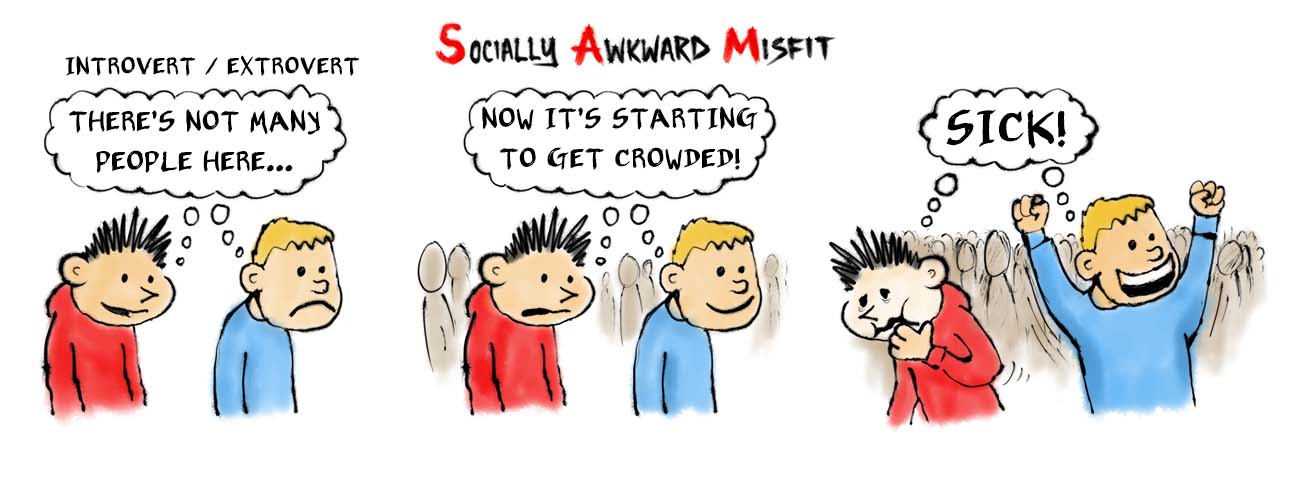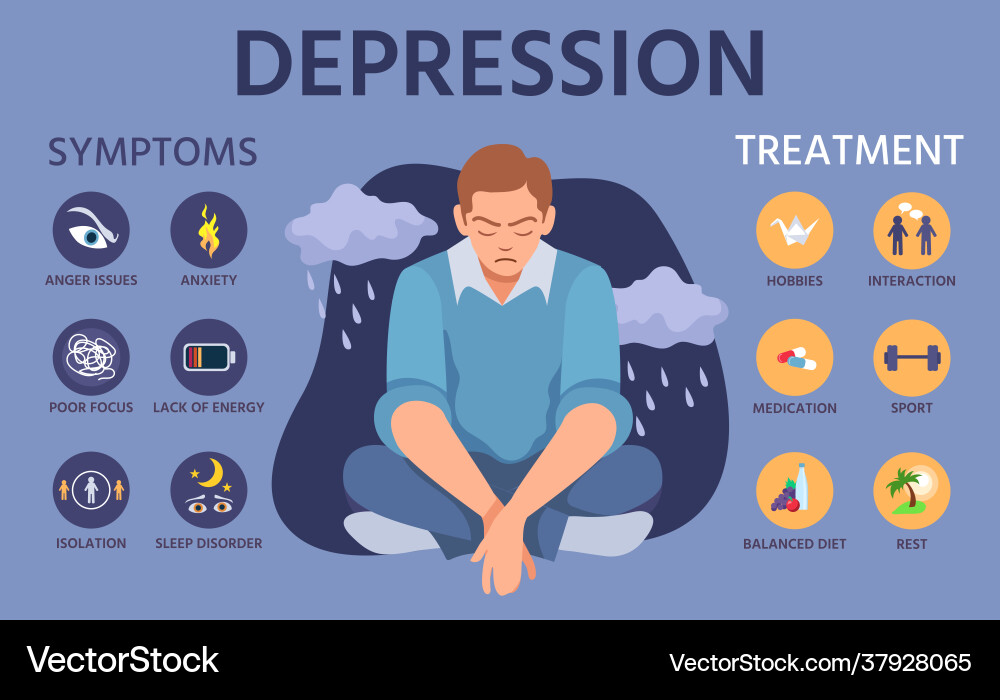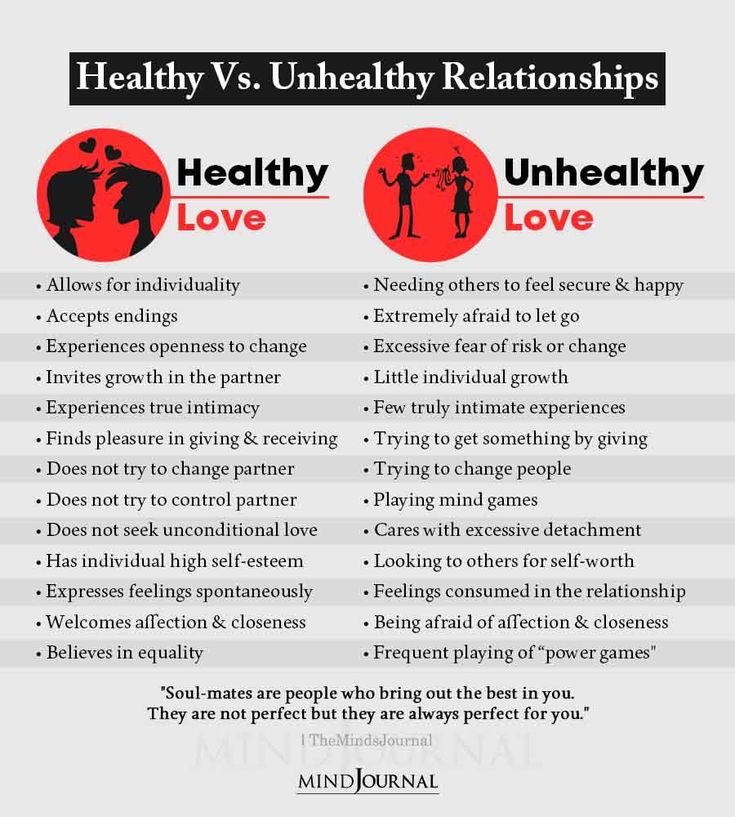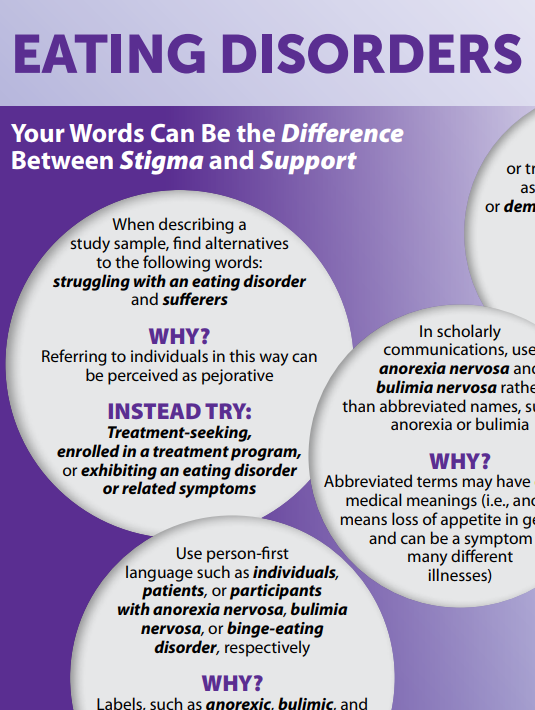How to stop underachieving
What Is An Underachiever? Here Are 6 Easy Ways You Can Tell
Have you ever been told that you’re a smart and talented person — full of potential – yet performing below expectations?
Do you find yourself knowing that you could do more and be more… but you’re not sure where to start?
Consider this: what if you’re just an underachiever who needs that little push to start accomplishing things.
So, what is an underachiever, and how can you overcome it?
What is an Underachiever?According to the Cambridge Dictionary, an underachiever is:
“A person whose performance is lower than you would expect, based on that person’s ability.”
Similarly, the Merriam-Webster Dictionary defines the word underachiever as:
“one who fails to attain a predicted level of achievement or does not do as well as expected.”
Both definitions apply in many situations in life.
For example, a student who is believed to have a high IQ, but does not do well in school, is called an underachiever. The same goes for a talented person who is not reaching their full potential at work or a skilled athlete who performs poorly in sports events.
All of them may be called “underachievers.”
Now that you know what an underachiever is, let us explore the different types of underachievers. Read on to learn more:
[divider width=”full”]
Recommended Reading:
- 43 Personal Development Questions to Ask Yourself for Growth
- The Superhero Pose: Channel A Better Version of Yourself
- 5 Reasons to Stop Extreme Overthinking and Anxiety
[divider width=”full”]
Types of UnderachieversThe concept of underachievement has been studied for several decades now, particularly in the field of psychology. In fact, experts have come up with different types of underachievers.
In the book “The Psychology of Underachievement: Differential Diagnosis and Differential Treatment” (1988), psychologists Harvey Mandel and Sander Marcus discussed six main types of underachievers, with a particular focus on students/learners:
1. The “Coasting” Underachiever
The “Coasting” UnderachieverAs the term suggests, this type of underachiever is simply “coasting” through life. They are not so concerned about schoolwork or grades and tend to give up easily. The coasting underachiever also exhibits general satisfaction with life and is not too worried about the future.
2. The Anxious UnderachieverThe anxious underachiever typically has low confidence, paired with a high level of self-doubt. They get stressed easily and are constantly worried about making mistakes, despite their potential. This type of underachiever also needs regular support and encouragement.
3. The Defiant UnderachieverThis kind of underachiever tends to be the hot-tempered type. Underachievers in this category often get in trouble with authority figures. More common among pre-adolescent boys, defiant underachievers often annoy others and usually blame other people for their mistakes.
4. The Sad/Depressed UnderachieverThe sad/depressed underachiever has low self-esteem and is generally miserable most of the time.
As students, they lack the energy to focus on their studies. This type of underachiever is often tired, lacking in energy, and appears lethargic. They also find it hard to make decisions.
5. The “Wheeler-Dealer” UnderachieverAs the term implies, this type of underachiever is egoistic, impulsive, and manipulative. These are the kind of people who often seek instant reward or gratification and tend to lie, cheat, or even steal to get what they want.
Wheeler-dealer underachievers usually exhibit an attractive personality.
6. The “Identity Search” UnderachieverYou probably guessed it: “identity search” underachievers are those people who are constantly searching for their self-identity, so much so that they cannot focus on work and their studies.
The Identity Search Underachiever is also notorious for having intense egotism.
Signs of UnderachievementDo you think you are an underachiever?
Aside from the different types mentioned above, there are signs indicating that you may not be accomplishing as much as you could or not living up to your full potential.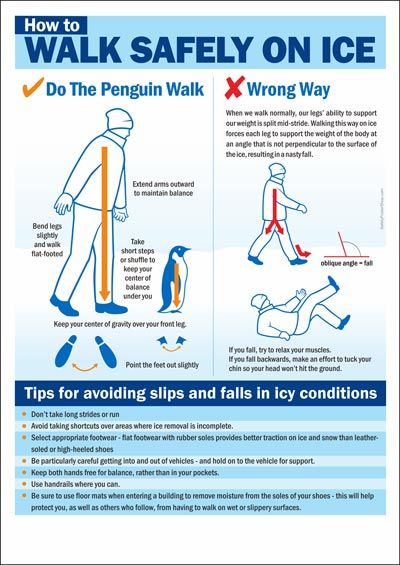
Here are several signs of being an underachiever:
1. You are just getting by.11 Causes of Dizziness You Might No...
Please enable JavaScript
11 Causes of Dizziness You Might Not Know About
Similar to the “coasting” underachiever discussed earlier, you are simply getting by.
Sure, you do just enough to pass your subjects in school or maintain a satisfactory performance at work — but that’s it. You are not motivated to do more and be more – even if you have the potential.
“Bare minimum” appears to be your mantra; you are simply doing enough to “survive.”
2. You procrastinate a lot.You know you have to finish that paper, study for an important test, or focus on a significant project. But you keep putting it off and would rather spend your time doing other things instead.
“I’ll do it tomorrow” is something you may often say. However, tomorrow never really comes, does it?
By the time you need to submit your work or take that exam — you scramble to finish the things you’re supposed to do. In other words, you end up “cramming.” The result may be okay or satisfactory, but then again, it’s not your best work. You know it could be so much better if you had given it more time.
In other words, you end up “cramming.” The result may be okay or satisfactory, but then again, it’s not your best work. You know it could be so much better if you had given it more time.
Speaking of time, you could be an underachiever if you’re not very good at managing it. You’re not adept in planning or making schedules, either.
But think about how much you could achieve by improving these skills. For example, making a simple “to-do list” can help as you prepare for school or work each day. You also get the satisfaction of ticking off each task as you finish!
4. You’re always making excuses.You’re an underachiever if you make excuses for your faults.
When you fail a subject or don’t perform well in a task, you always have an excuse. You find it hard to accept responsibility for your own failures and tend to blame the circumstances or other people instead.
5. You often “sweet talk” to get out of work.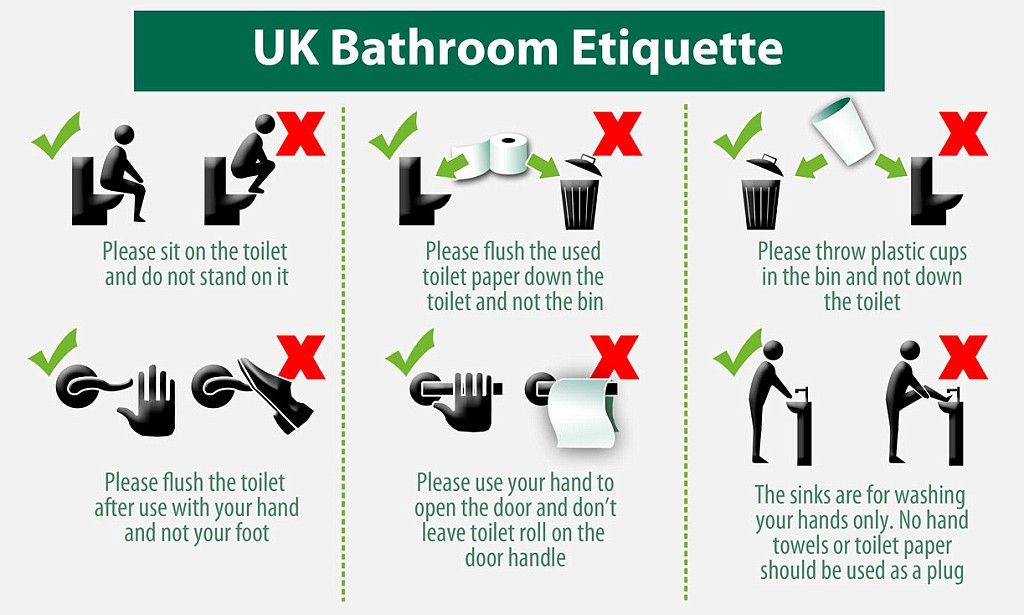
Similar to the “wheeler-dealer” underachiever mentioned earlier, you use your “charm” to try to get out of work. You often try to pass off work to others, even if it should be your responsibility.
Top Reasons Why Underachievers ‘Underachieve’We’ve discussed the traits and signs — so now, let’s talk about the reasons.
Why are you not reaching your full potential? What are the factors that could have led you to become an underachiever?
Here are some possible reasons:
1. You’re afraid of failure, and success, too.Fear of failure hinders you from going out of your comfort zone. You want to reach a goal, but you’re afraid that the next step could lead to your downfall.
In the same way, success frightens you, too. Success often means added responsibility and accountability, and you’re not sure whether that’s something you can handle. In the end, you end up simply staying where you are — yearning to be something bigger but afraid to move forward.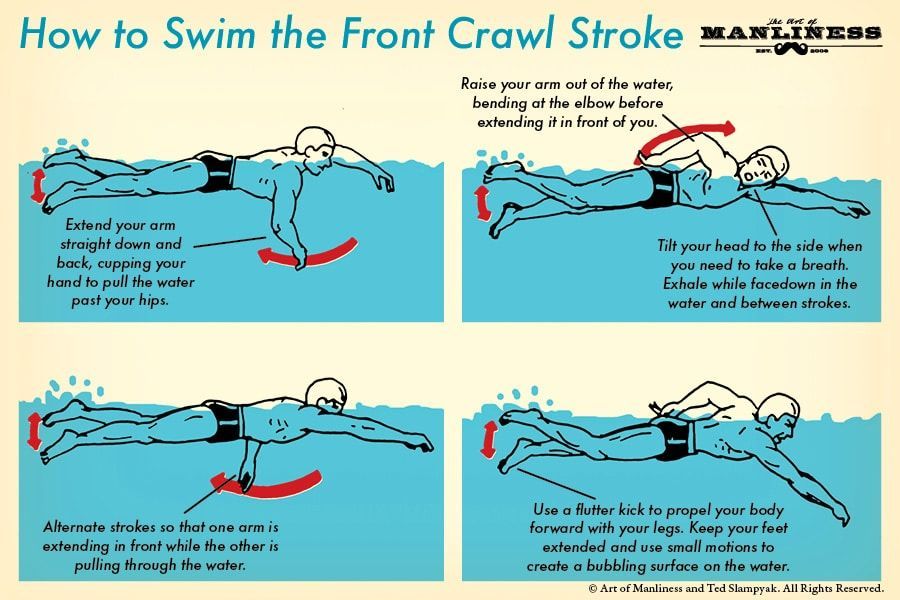
Have you ever been depressed or been diagnosed with depression?
Depression usually zaps a person’s energy, rendering them unproductive. If you are taking antidepressant medications, this could further affect your mood since some medications may have certain side effects. In any case, be sure to consult with a medical professional if you’d like to address this directly.
3. You have commitment problems.Success doesn’t happen overnight. Usually, it takes time and lots of engagement and dedication. It also involves forming good relationships with others — be it at home, in school, or the workplace.
However, if you are not keen on establishing ties, this could hinder you from achieving success. So, try to see if you have commitment or attachment problems and address them head-on.
4. You don’t get along with most people.How do other people see you? Have you ever been described as critical, negative, or demanding?
As mentioned earlier, connecting with people is part of growth. Even if you are extremely good at what you do, it will be hard for you to succeed if you don’t get along with others.
Even if you are extremely good at what you do, it will be hard for you to succeed if you don’t get along with others.
Are you easily distracted while studying or working? Do you find it hard to finish even simple tasks?
If it takes you a long time to accomplish something that could be done quicker, then you need to improve your focus and concentration skills.
[divider width=”full”]
Recommended Reading:
- What is Group Polarization? Definition and Examples
- What Causes Deja Reve? A Gift for Prophecy or a Glitch in Your Brain?
- 6 Bubbly Personality Traits That Help Convey Cheer
[divider width=”full”]
Parenting: An External FactorYou may not be aware of it, but your parents – and how they treated you — may have been a factor in you becoming an underachiever. In particular, they may have influenced you by:
1. Setting extremely high expectations.
Setting extremely high expectations.Maybe your parents expected too much. They wanted you to succeed in school, in sports, in relationships, and in many other areas.
Maybe, they experienced the same thing from their parents (your grandparents), and expect you to do the same. In any case, if your parents were too strict, authoritarian, and hard to please — these may have led you to “give up” or simply stop trying.
2. Having extremely low expectations.On the other hand, maybe your parents had low expectations, which is not exactly healthy, either. When a child notices that people expect very little from him, he may respond accordingly and try not to make too much effort.
3. Lacking interest.Perhaps your parents were too busy and preoccupied with their own concerns and problems that they rarely show interest in your achievements. Again, this may have been a factor in you becoming an underachiever.
4. Being overprotective.
Your parents may have been protective – but too protective. They may have “sheltered” you too much from failure, disappointment, or any other negative life experience.
As a result, by the time you venture out on your own, you find it hard to face problems and challenges and lack problem-solving skills.
Advice for Parents of UnderachieversIf you are a parent yourself, be aware of how your actions and expectations are affecting your children.
Here are some tips on how you can support and encourage your kids:
1. Teach them how to feel good about themselves.Self-esteem is an integral part of one’s personality, especially in children. By being a good example, you can teach your kids how to feel good about themselves. In turn, this will help them in many areas of life, such as studies, careers, and relationships.
2. Don’t equate self-worth with achievement.Never make the mistake of associating your children’s self-worth with their achievements. If you only support them when they get good grades or do something outstanding, they might think that they always need to achieve something before they can get your attention.
If you only support them when they get good grades or do something outstanding, they might think that they always need to achieve something before they can get your attention.
Not all children are the same, and that’s what makes them so special! They will have different personalities, learning abilities, talents, and inclinations. Always be there to support and love them, no matter what!
How to Overcome UnderachievementSo, you’ve observed the signs, determined the reasons, and confirmed that – indeed –you’re an underachiever. What’s next? How can you overcome it? Is it possible to stop being an underachiever?
The answer is yes. You can overcome it by following these tips:
1. Set realistic goals.You have goals, but perhaps they are not feasible or realistic. As a result, no matter how hard you try and how much you’ve achieved, you feel dissatisfied.
Think about it! You may need to readjust your goals and expectations. This way, as you move gradually towards them, you will feel a greater sense of fulfillment and satisfaction every step of the way.
This way, as you move gradually towards them, you will feel a greater sense of fulfillment and satisfaction every step of the way.
Do not attempt to achieve something big all at once. Remember that growth and success take time. Rather than trying to reach a big goal, consider breaking it into smaller ones instead.
Take things one step at a time! As soon as you finish one small goal, take time to congratulate yourself before moving on to the next one.
3. Improve your planning skills.Earlier, we discussed that lack of planning is a sign of being an underachiever. Fortunately, anybody can hone this skill.
You can do this by reading books or attending workshops on planning, organizing, and time management. You can also seek advice from friends and colleagues who are good planners and organizers. This way, you can focus on improving these skills.
4. Be more positive.This may be easier said than done, but then again – strive to develop a more positive way of thinking.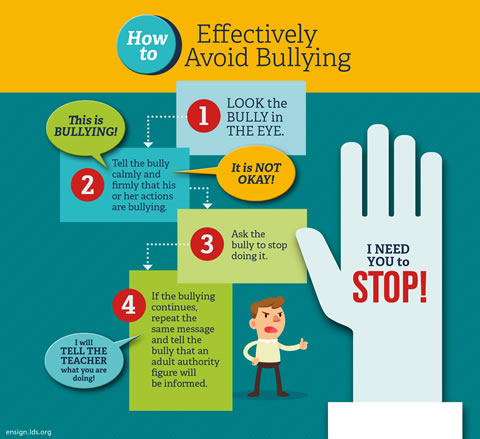 Get in touch with family and friends who can help you have a brighter outlook in life. And if you are depressed, and don’t know what to do, do not hesitate to seek professional help.
Get in touch with family and friends who can help you have a brighter outlook in life. And if you are depressed, and don’t know what to do, do not hesitate to seek professional help.
Big things, small things — everything starts with a dream!
Dreams give us the desire and motivation to pursue greater things. Do not let problems, setbacks, other people – and yourself – stop you from dreaming!
[divider width=”full”]
Recommended Reading:
- 8 Things You Should Know About Cognitive Maps and Navigating the Map of the Mind
- Great Success: 5 Tips to Train Your Brain for Greatness
- 19 Beautiful Quotes on Art and Creativity for Aspiring Artists and Creative Minds
[divider width=”full”]
What is an underachiever, really? Are you indeed one?Unfortunately, other than the tell-tale signs I shared earlier, there’s no straightforward answer for this.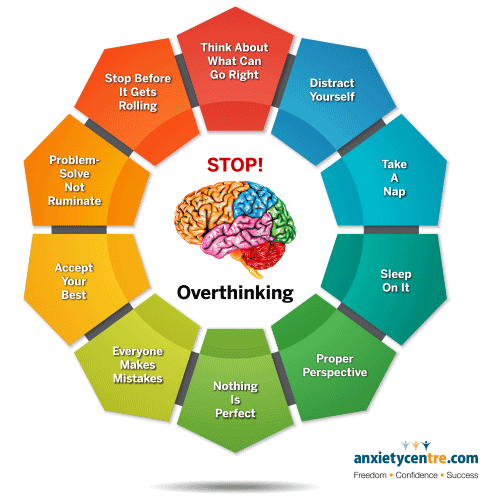 All I can say, that if you feel like you’re an underachiever, you have the power to make a change for the better.
All I can say, that if you feel like you’re an underachiever, you have the power to make a change for the better.
Only time can tell. Only YOU can tell.
Do you know somebody who has the potential to be great but keeps underachieving?Let me know your thoughts in the comments below!
Disclaimer:
This website contains affiliate links. Meaning, if you click on one of the product links, I will earn a small commission at no cost to you. Thank you for supporting Creativity Mesh.
Feel Like You’re Capable of More? Here’s How to Stop Underachieving
Have you ever had an idea for something you would like to create, only to find the momentum die after the initial excitement and enthusiasm?
Frustrating isn’t it?
It’s a pattern I know only too well.
I’ve had so many ideas that I have failed to follow through with to completion.
While some of those have been conscious choices, many have been the result of lack of trust in myself and my ability to translate the vision I have in my head into physical form.
For me this has been one of the biggest challenges that held me back – the gap between what I can imagine and my skill level to make it happen.
I’ve dealt with this contradiction of massive self-doubt while at the same time feeling like I’ve massively underachieving from most of my life!
Know the feeling?
So here’re the problem.
We know that self-doubt interferes with performance and here’s how: When that voice in your head starts planting seeds of doubt you feel inadequate and insecure and you start to lose hope in the possibility of a successful outcome.
When you lose hope, it’s hard to summon the energy and motivation to put in the time and effort you need to make things happen.
You don’t practice and get extra training. You stay in your comfort zone and don’t make the most of opportunities.
You resort to procrastinating which then reinforces your image of yourself as not capable enough.
Breaking the Self-Doubt/Underachievement Cycle.
Here’s where things get interesting.
People with self-doubt are often highly successful and accomplished. They’ve used their feelings of doubt and inadequacy to focus and develop their skills and abilities to keep getting better and better.
They’ve been able to mobilise and keep taking action, despite the fear of not being good enough.
In fact, as Angela Duckworth, Ph.D says in her excellent book Grit:
“Why were the highly accomplished so dogged in their pursuits? For most, there was no realistic expectation of ever catching up to their ambitions. In their own eyes, they were never good enough. They were the opposite of complacent. And yet, in a very real sense, they were satisfied with being unsatisfied.”
As a result, they have hope.
But a different kind of hope from just hoping that tomorrow will be better than today as a result of good luck.
They have the kind of hope that comes from the deep belief that your efforts can improve your future.
A common way this plays out with writing is the hope that you’ll feel more like writing later/tomorrow.
You believe that it will be easier when you feel more confident, so you wait for this fantasized time to arrive.
This, according to Russ Harris, Ph.D, author of The Confidence Gap is the wrong rule of confidence.
The right rule is: “That the actions of confidence come first; the feelings of confidence come later”.
Your job is to learn how to manage your self-doubt in such a way that it doesn’t stop you showing up to write over and over again, through the boredom, the frustration and fear of never being good enough, so that your skills and abilities can incrementally improve through effort and practice.
Here are two ways to do that:
- Make When/Where Plans
When you don’t make plans about when and where you are going to take the next step, you open the door for self-doubt to sabotage your efforts.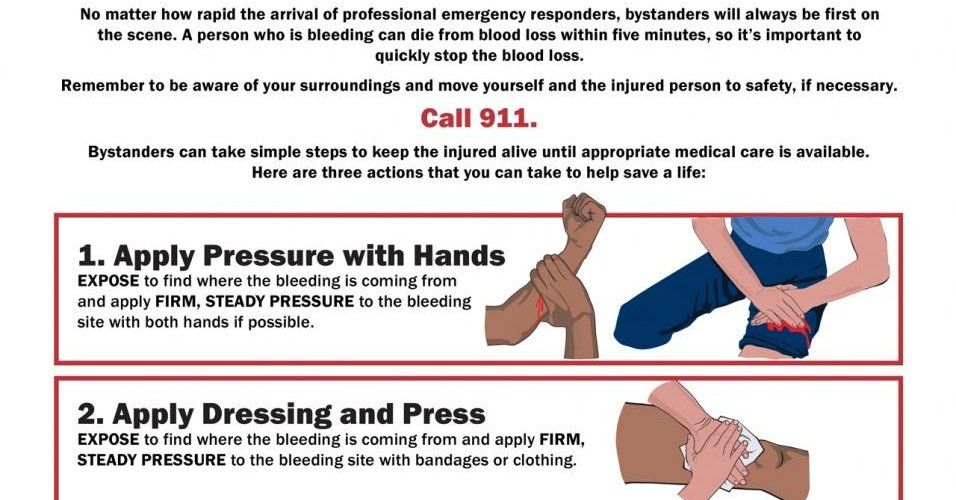
Making decisions requires willpower, which is a finite resource.
If, for example, you didn’t sleep well, it will be harder for you to make the decision to write.
However, if you have predetermined a course of action, being really specific about your plan, you have a much highly chance of being successful.
Shane Lopez Ph. D, in his book Making Hope Happen, describes research showing that 75% of the people who made when/where plans were successful in accomplishing their goal, compared to only 33% of the people who did not make the plans.
- Make If/Then Plans.
People who just fantasize about achieving their goals are ironically less likely to be motivated enough to make them happen, according to the research conducted by Gabrielle Oetingen, Ph.D, described in her book Rethinking Positive Thinking.
However, when people think about their big exciting dream, while at the same time thing about the barriers to making this dream happen (a process she calls mental contrasting), their energy and motivation goes up.
This is the process: You identify potential obstacles in advance, and plan for them in the form of an if/then intention (called an implementation intention).
If situation x arises, then I will perform response y.
For example, If I say to myself “I’ll feel more like doing this later”, THEN I will sit down and start writing while reminding myself how much this matters to me!”
Or
IF I notice thoughts like “Am I good enough?”, THEN I will remind myself that effort and practice will make me get better and reframe the worry question into a problem solving question like “What one thing can I do today to improve my skills?”
Close the Gap
So there you have it. Two key ideas that are easy to integrate into your daily life so that you can overcome the self-doubt that holds you back from developing your skills and actualizing your ideas.
Cultivate the hope that comes from trusting yourself to do the things you need to do.
And close the gap between what you can imagine and what your skills allow you to create (well at least make the gap smaller – it seems that what you can imagine is a moving goalpost!).
The research is clear. The ability to persevere with something that you’re passionate with over time is a far greater predictor of success than talent alone.
Over to you.
How does your self-doubt make you underachieve and sabotage your dreams?
About the Author
Alison Breen is a Psychologist and Coach who helps people build the confidence to make their business dreams a reality. Sign up for her FREE confidence-building action plan.
Breaking the system: how to stop doing everything
If you periodically suffer from lack of time, you probably know the tricks designed to increase efficiency. You can, for example, listen to a useful podcast on your way to work or while preparing dinner. Between times, put a couple of likes on your friends, as well as answer a few work emails to prevent the mailbox from overflowing.
Does it make you feel better? Yes, sometimes we are really proud of ourselves that we managed to do more than we planned. But, living in such a rhythm all the time, we drive ourselves into a dead end. The world is getting faster every day, and we need to meet even more stringent requirements for ourselves. Any unplanned task can throw you off balance. Instead of trying to do more, you can change your strategy and try to build your life differently. A few tips will help with this. nine0003
Choose single-tasking over multi-tasking
We tend to streamline our day and multi-task to save time and get everything done. Brooke McElrie in "The best things are simple. Everyday ideas for a more relaxed and measured life ”recommends, on the contrary, at least sometimes give up multitasking and devote time to one thing.
McKelrie suggests picking one daily duty or task and turning it into a ritual without being distracted by anything else while doing it. For example, watch the water bubbles while the water is boiling in the kettle. When pouring boiling water over the tea leaves, see how the tea leaves unfold, how the water gradually changes color. Take your time to take the first sip to notice the steam rising from the mug, writes the author of the book. nine0003
Any activity can be turned into a ritual, even washing dishes or hanging clothes after washing. “Instead of planning dinner, thinking about tomorrow's meeting, or thinking about what to do with the kids after a nap, focus on the smell of freshly laundered clothes, the coolness of a wet cloth in your hands, the glare of the sun on the hanging linen,” recommends McElrie.
Of course, you won't be able to completely abandon multitasking, and you don't need to. But by allowing ourselves at least a few minutes a day to do only one thing, we get used to seeing beauty in ordinary things, McElrie writes. nine0003
Give yourself a digital detox
Many people remember the phrase "Don't sit at the computer for too long" from parents. Now it will cause rather a smirk or just nostalgia. We spend the whole day behind it, and when we move away from it, we do not let go of the smartphone. What do you do when you are waiting for a friend who is late? Most likely, the hand habitually reaches for the phone, opens social networks and scrolls through the news feed.
It is pointless to refuse technology: we are used to making purchases with one touch or checking the weather for tomorrow in the application - it makes life easier. nine0003
But what if you set aside 15 minutes a day that you will spend without gadgets? “Disconnecting from the virtual world allows you to reconnect with the real world - your children, partner, family, friends, work, environment,” writes McElrie and recommends practicing a digital detox regularly. Agree, 15 minutes a day is not so much.
Give up balance
We want to be in time for everything, to be the best employee at work, and at home - an ideal wife, mother and housewife. McElrie believes that no matter how hard we try to do everything and everywhere, achieving balance is nothing more than a myth that “encourages us to achieve the impossible. ” She recommends "deliberately deviating from balance and, most importantly, being okay with it." nine0003
” She recommends "deliberately deviating from balance and, most importantly, being okay with it." nine0003
For example, it's not worth spending the last of your energy after a day's work to cook dinner: order a ready-made meal or cook something very simple. The author calls it maneuvering. Instead of striving for the perfect balance, try consciously giving up some of the tasks.
Bring inner comfort
What do you associate comfort with? Perhaps with delicious food cooked at home, with a warm blanket, with the soft light of a table lamp. Isabelle Gillies dedicated the book “Cozy. The art of always and everywhere to feel comfortable” theme of comfort. But this book is not about how best to arrange the furniture or what curtains to choose for the bedroom. nine0003
In it, Gillis writes about how important it is to feel comfortable, no matter how external circumstances develop. How to do it? First you need to look inside yourself: what inspires you, causes pleasure, makes you happy.
Gillis gives an example: as a child, she and her parents often walked along the river bank, and together they looked at the fallen leaves, determining by their shape which tree they belong to. Now, picking up a leaf while walking, she feels comfortable as her thoughts return to that time. nine0003
Look around, listen for sounds, inhale smells, touch surrounding objects, feel their shape and texture. Sometimes you can experience a sense of comfort from the most unexpected things. For example, even the sound of a running washing machine can feel cozy if it makes you remember something good, return to a time when you often felt cozy, the author writes.
Remember, “This is not about a tangible object—or rather, about an easy way to carry around with us what we most need to achieve inner harmony,” writes Gillis. When we find something that gives a sense of support and peace, it will become easier for us to feel confident even in difficult and adverse situations. nine0003
Following these tips will not slow down the whole world, but will allow you to choose a comfortable pace for your own life.
I can't do anything. What to do? - Personal experience on vc.ru
Two global problems that I encountered at different times:
1. I don’t know what I want
2. I know what I want, but I don’t have time to do anything
Today I want to talk about the second, next week for the first one. I don't know what to do for you, but I'll tell you what helped me.
25,144 views
folk art
Recognize your limitations
I work as a product manager in an IT product company. I am in love with my work and therefore the number of my ideas exceeds the number of hours in a day. I used to be stressed because of my limitations, but then I realized:
You can't do everything at once, but you can do the main thing one by one.
The main reason: a person is capable of only 3-4 hours of concentrated work per day, as Anders Erickson told in his book "Peak: How to achieve super results. " Many studies later echoed him, and my observations confirm this theory. nine0003
" Many studies later echoed him, and my observations confirm this theory. nine0003
I don't know people who work all 8 hours of the working day with the same productivity without losing concentration and attention.
Therefore, the task "to do everything in time" comes down to the competent distribution of your 4 hours of concentration and building a day around them.
If you or your employer want to squeeze out 12 productive hours a day, then this article will not help you. I consider it impossible and dangerous to health.
from the Internet
Take responsibility for priorities
4 hours a day is not that much. It is logical to place the most brain-intensive and priority tasks here. However, how often do we:
a) set priorities and
b) actually follow them?
The problem is that prioritization is a complex task in itself, requiring thoughtful analysis and answering the questions:
- What goal do I want to achieve?
- Which task from the list will bring me as close as possible to the goal?
- On what basis did I decide that this particular task would bring the greatest effect?
- What if I'm wrong?
In reality, no one can guarantee that the performance of any task will bring success and justify the expectations placed on it.
Therefore, the most difficult thing is not even to set priorities, but to take responsibility for the possibility of erroneous actions. Doing everything is much easier. Yes, there are many tasks, but they can be done mechanically, and not analyzed and made difficult decisions - the brain does not like this and tries to jump off. nine0003
Learn to ignore tasks
Even if you managed to pull yourself together and set priorities, the following problem arises: how to deal with non-priority tasks?
I work in IT, every day I see how famously the backlog is replenished. It's so huge that I can't imagine the size of the backlogs of Google, Apple and others like them. What to do with an endless list that never ends?
After my colleagues and I set priorities for the next six months, I began to focus only on priority tasks and found that:
If you ignore non-priority tasks for a long time, you can see how someone else is doing them.
Or how they are forgotten.
This is a pleasant discovery. Because they will ask me for priority tasks, few people care about the operating system.
Of course, we have a regular review of priorities in connection with newly received requests, there is also a "second line" - where every small thing gets, so it all somehow moves and is processed. But this does not cause stress for me personally, because I always remember the main thing and build my day around it. nine0003
Reduce your importance
I often see how people take on a bunch of tasks themselves, because:
- there is no one else;
- is very important;
- I'm not hard to help;
- I can't trust anyone with this;
And choke in the operating system, being sure of such a need. However, when such people go on vacation, the world does not collapse, but the business continues to exist. Moreover, even when "key employees" leave - at 99% of the business continues to exist and somehow manages. Therefore, no matter how important the tasks seem - most likely, if you do not have time for some of them, nothing terrible will happen.
Moreover, even when "key employees" leave - at 99% of the business continues to exist and somehow manages. Therefore, no matter how important the tasks seem - most likely, if you do not have time for some of them, nothing terrible will happen.
Follow the plan
For each day, I make a work plan based on my limitations - 3 hours of concentrated work and 3 more hours for routine and communication with colleagues. My plan is initially adequate and feasible.
If suddenly during the day something else arrives to me that requires more than 2 minutes of my attention, then these tasks go under the line of the current day - today I will not deal with them, otherwise I will not have time to fulfill the plan for today. nine0003
This rule is very difficult to follow. It constantly seems that the task that has arrived is a trifle and it is faster to do it than to write it down and then think it over separately, but no. Practice shows the opposite. During the day, too many such trifles arrive, as a result, my 6 hours swell uncontrollably and forces are spent not on priorities, but on what “fitted without a queue”.
If you find that you do not have time to do anything, the first thing to do is to stop adding tasks to the list. nine0003
Do not divide time into work and personal
This is questionable advice and not for everyone. Since I work remotely and love my job, I don't have a clear division between "work day" and "personal time". Everyone around writes that this is bad and wrong, but for me it works great.
I work in 40 minute sprints and take 20 minute breaks. In these 20 minutes, I enter household chores: take a shower, wash the dishes, clean up. This is a good switch from work, and also saves personal time that I spend on everyday life. nine0003
If suddenly in the middle of a working day I realize that I want to sleep or take a walk, I go to sleep or take a walk. If on Saturday evening I understand that it would be nice to add graphics to the partner's new personal account, I go and write the TOR. I don't feel like I'm overworking, or vice versa, underworking, I feel organic in this mode.
I don't feel like I'm overworking, or vice versa, underworking, I feel organic in this mode.
I also study a lot, and although I use all the new skills in my work, it cannot be said that I do it only for the sake of work - learning also solves my personal goals. nine0003
In this mode, for the first time, I felt that I no longer perceive work as work - a kind of volitional act, to which you need to force yourself for the sake of food, and real life should be postponed until the weekend.
I began to treat this as a business that I do, and I want to do it well, and therefore it is worthy that I think about it not only from 9 to 18.
This approach allows me to do more at work, because I do not drop out of the workflow after 18:00 and I comprehend many tasks in the background. And this allows me to do more in my personal life - because I fit it into the breaks between work, and do not wait for evenings or weekends. nine0003
Total
1.
